
The health benefits of mountain biking are pretty clear, particularly when it comes to strength, cardiovascular health, and mental health.
Now, a new study suggests that those whose occupations “demand frequent spatial and navigational processing,” like taxi and ambulance drivers, are less likely to die from Alzheimer’s disease than the general population. Could this apply to mountain bikers too? Though the study doesn’t say, trail riding can require significant spatial and navigational processing skills, depending on where and how we ride.
A much earlier study in 2000 found that London cab drivers showed posterior hippocampi that “were significantly larger relative to those of control subjects.” The hippocampus is the part of the brain that’s responsible for memory and spatial navigation. The posterior region, in particular, is thought to be specifically involved in cognitive and spatial processing.
As the 2000 study notes, the posterior hippocampus “can expand regionally to accommodate elaboration of this representation in people with a high dependence on navigational skills. It seems that there is a capacity for local plastic change in the structure of the healthy adult human brain in response to environmental demands.” This suggests that as we use our spatial and navigational skills more, our brain likely adapts and grows.
But GPS use could cancel the effect
Back to the recently published NIH study. The study notes that bus drivers, airline pilots, and those who follow pre-determined routes don’t exhibit the same reduced chance of death from Alzheimer’s disease as cab drivers. Not only that, “the popularity of GPS could affect these kinds of results over time as cabbies rely less on their own internal navigation and more on their phones, experts said,” according to this STAT article.
So it seems that for mountain bikers to get the maximum benefit, good old-fashioned trail navigation is the way to go. One way to stretch our brains could be to ride extensive trail networks with multiple intersections, piecing together a complex mental map of the trails along the way. Cycling challenges like Wandrer.earth and races like the Pisgah Mountain Bike Adventure Race, which are designed to encourage riders to formulate unique and efficient routes, seem likely to provide a similar benefit.
What do you think: Has mountain biking improved your spatial or navigational skills? What do you do to stay sharp?


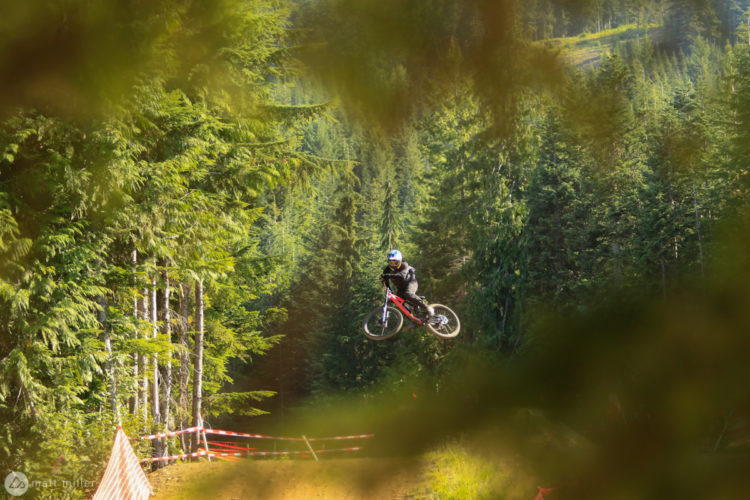

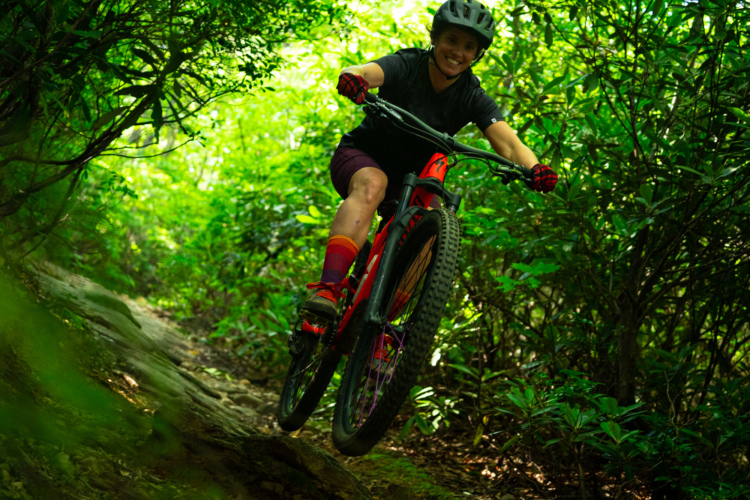

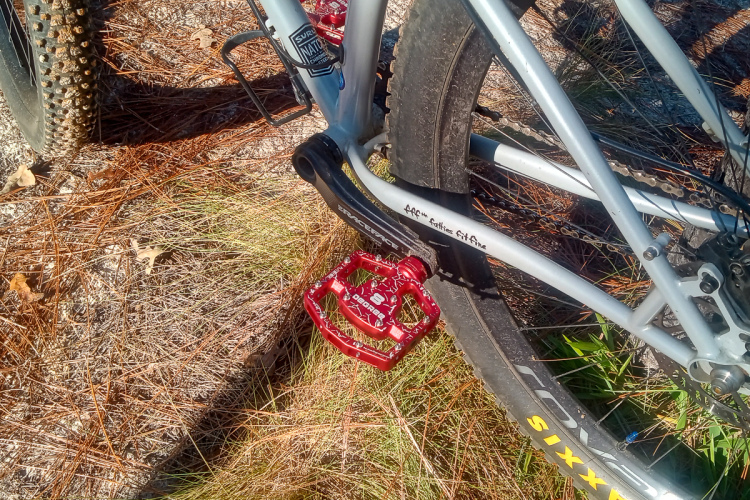
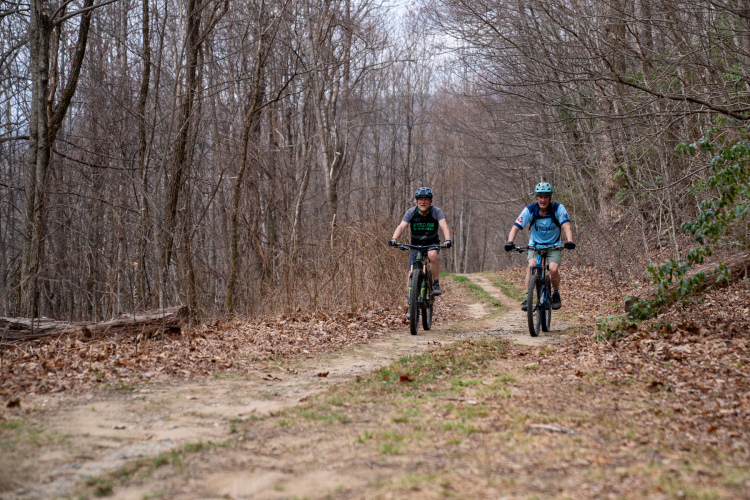
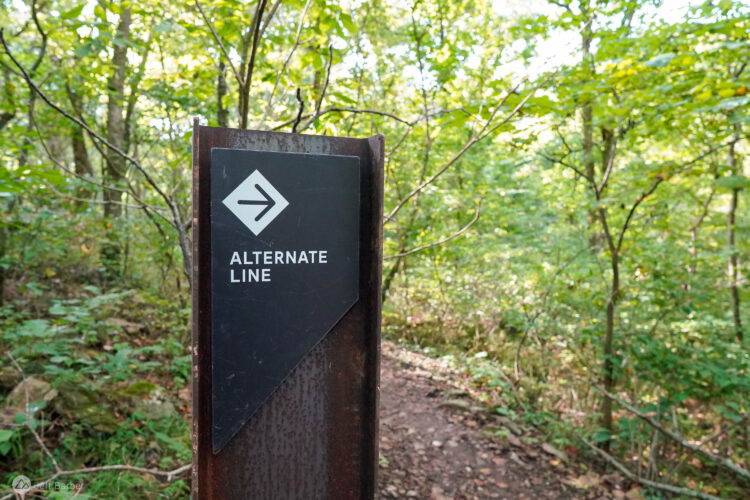
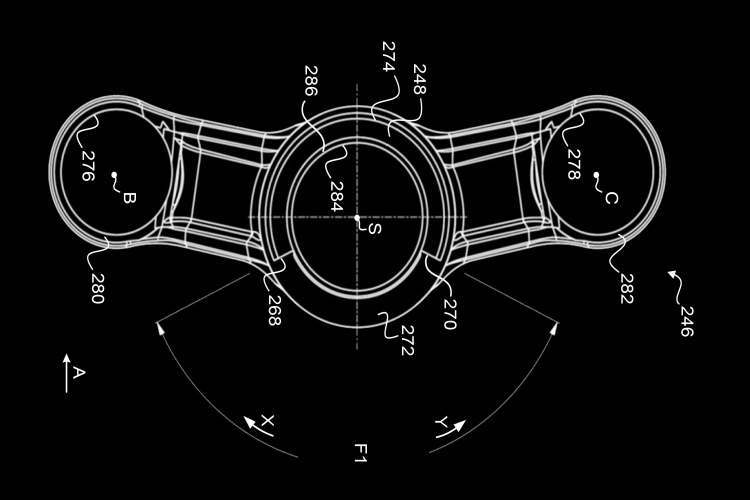

1 Comments
Jan 3, 2025